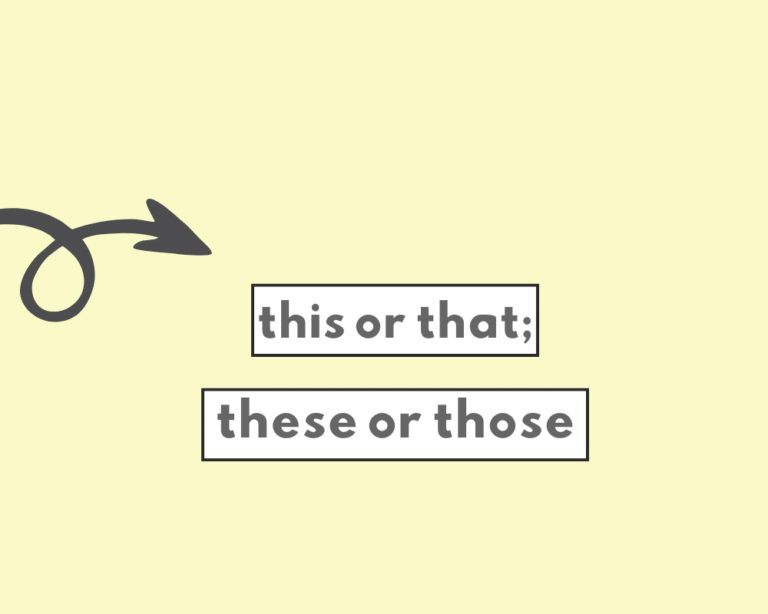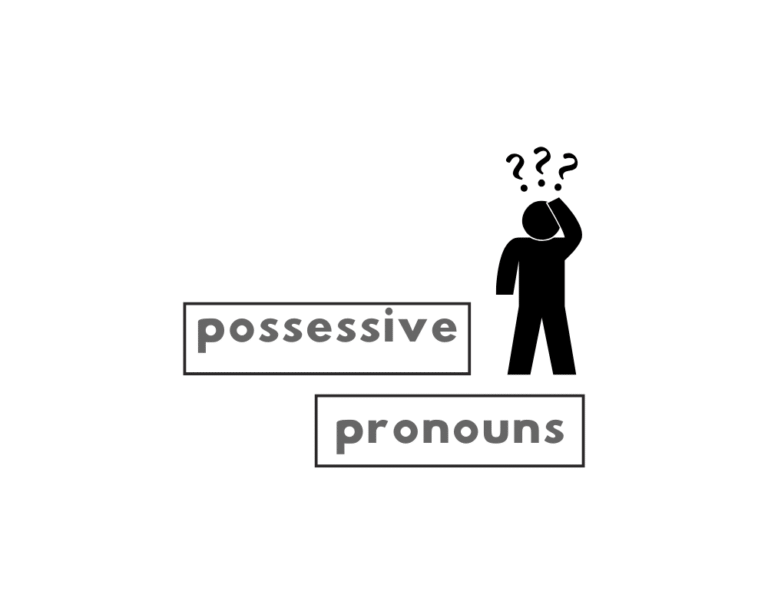Your vs. You’re
Your and you’re (with an apostrophe) sound the same, but they are not the same. Important differences between them to note are:
Correct example with you’re.
Incorrect example with your.
- Your is a possessive pronoun in the second person that indicates ownership, belonging or association; e.g., “is this coat yours?” Use ‘your’ to show “belonging to the person or people being spoken or written to”.
- You’re is a contracted form of two words, you + are. As in the sentence, ‘you’re going to be late if you don’t leave now’. The apostrophe ‘re shows where certain letters are omitted to form the shortened word.
“Your” / “you’re”, used in sentences
| Examples: “your”, possessive pronoun |
|---|
| I like your dress.
Excuse me, is this your seat? The bank is on your right. Dentists advise you to have your teeth checked every six months. |
| Examples: “you’re”, contraction of you + are |
|---|
| You’re really smart.
I know you’re going to love this movie. You’re going to tire yourself out. Do you think you’re going to the Christmas party? |
Examples of other possessive pronouns
- whose
- yours
- hers
- his
- theirs
- mine
Other commonly confused contractions
You’re and your aren’t the only pair of possessive pronouns that get confused with contractions:
- it’s and its
- who’s and whose
- they’re, their and there
Word origin (of your)
Old English eower, possessive pronominal adjective, genitive of ge “ye” (see ye), from Proto-Germanic base of you. Cognate with Old Saxon iuwar, Old Frisian iuwer, Old Norse yðvarr, Old High German iuwer, German euer, Gothic izwar “your”.
Read about other misused words
Sources
- Oxford Learner’s Dictionary on “your” and “you’re”. Accessed 18 March, 2024.
Worksheet
According to the blog post, what does the word "your" indicate?
The blog post states that "you’re" is a contracted form of which two words?
Based on the post, which sentence correctly uses "your"?
Based on the post, which sentence correctly uses "you’re"?
The blog post highlights "Your welcome" as an example of a common incorrect usage. What is the correct word that should be used instead of "Your" in that phrase?
Please make sure ____ keys are on the table.
I think ____ going to be late if you don’t leave now.
Is this ____ umbrella?
____ doing a great job!
The dog is wagging ____ tail happily.
FAQs
What’s the difference between your and you’re?
+
When should I use the word “your”?
+
When do you use “you’re”?
+
Is “Your welcome” correct?
+
Why do people confuse your and you’re?
+
Yash, D. "Your vs. You’re (Which Word is Correct?)." Grammarflex, Jun 25, 2025, https://www.grammarflex.com/your-vs-youre-which-word-is-correct/.










